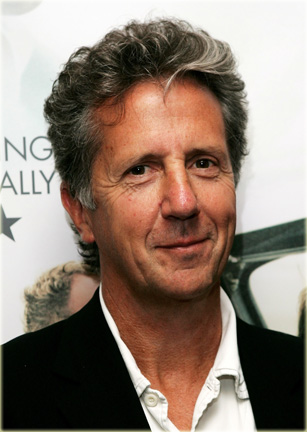When asked to give a writing prompt for The Guardian, you cited the moment in Chekhov’s play The Seagull where Nina asks Trigorin what it is like to be a writer where he responds, “I have no rest from myself; I feel that I am devouring my own life”. To what extent does Trigorin’s torment hold true to your experience of being a writer?
I have written two memoirs and my poems have become increasingly personal. So yes, I understand the torment. And sometimes feel awkward about endlessly mining experiences I have had. But sometimes the writing can be cathartic or at any rate enlightening – you find answers you weren’t able to at the time.
In the Enitharmon book Pendle Witches the artist Paula Rego illustrated a series of your poems. How did the creative partnership with Rego come about and do you feel that you share any qualities as artists?
Paula read the memoir I wrote about my father – she had lost her husband some years before and it resonated with her. Then she got hold of my poems and based a painting on one of them which was bought by the Tate – after that we met and became friends. I think we share a fascination with violence – and with family dynamics.
In your introduction to A Discoverie of Witches you compare witches to “the dysfunctional neighbours across the street”. What interests you about the idea of a witch-hunt as a present-day concern?
Once upon a time, you demonised neighbours you didn’t like by accusing them of witchcraft. Now in Britain, outsiders are demonised – foreigners, immigrants, oddballs, people whose sexuality isn’t hetero-normative. The fear or hatred of otherness is an ancient fear. But I hate its current post-Brexit resurgence.
In 1986, you were commissioned to step into Auden’s shoes and write the verse to accompany the film Night Mail 2, a re-make of the original 1936 documentary Night Mail that featured music by Benjamin Britten. How did you approach that potentially tricky commission?
With trepidation. I was on a hiding to nothing. No one can compete with the original. I don’t think the poems in the 1986 film worked all that well. But I have had a second go this year – working with the composer Gavin Bryars to celebrate the train journey from Goole to Hull. That was more fun – though the poems were site-specific, depending on both the music and the landscape in order to work, and I doubt I will try to collect them in a book.
You have previously written a series of libretti, including an experimental promenade work Elephant and Castle which premiered at Snape Maltings during the 2007 Aldeburgh Festival, staged both inside at the Maltings and outside in nearby reed beds. Can you say a bit about how this work came about and what you like about writing libretti?
I am no expert on operas. In the case of the 2007 piece, and the two libretti I wrote for Gavin Bryars, I was commissioned – the idea came from someone else initially. Not exactly what Larkin called required writing but not something that originated in my head. With operas you have to accept that the words are subordinate and that many of them won’t be heard by the audience. The 2007 experience was demanding. And I enjoyed working with Tansy Davies and Myra Calix. I think some of the audience enjoyed what we created. But I am not sure the opera fully came off. We would all have liked longer to bring it to fruition.
Your most recent full-length collection is Shingle Street, which includes an introductory quote by S. Baring Gould, “A more desolate region can scarce be conceived” and an endnote citing W. G. Sebald, “The most abandoned spot in the entire region”. What attracts you as a poet to these qualities about the place?
I find Suffolk in general, and Shingle Street in particular, far less bleak than those quotes suggest. But it did take me a while to adjust to the east coast – all my childhood holidays were in the west, where the sea is less brown and the surrounding countryside less flat. I think Suffolk’s is a difficult, even harsh kind of beauty. But it does exist. And I hope I am more responsive to it these days.
Blake Morrison was born in Skipton, Yorkshire, and educated at Nottingham University, McMaster University and University College, London. After working for the Times Literary Supplement, he went on to become literary editor of both The Observer and the Independent on Sunday before becoming a full-time writer in 1995.
A Fellow of the Royal Society of Literature, and former Chair of the Poetry Book Society and Vice-Chair of PEN, Blake has written fiction, poetry, journalism, literary criticism and libretti, as well as adapting plays for the stage. His best-known works are probably his two memoirs, And When Did You Last See Your Father? and Things My Mother Never Told Me.
Since 2003, Blake has been Professor of Creative and Life Writing at Goldsmiths College. He lives in south London.

Add your Reply
You must be logged in to post a comment.